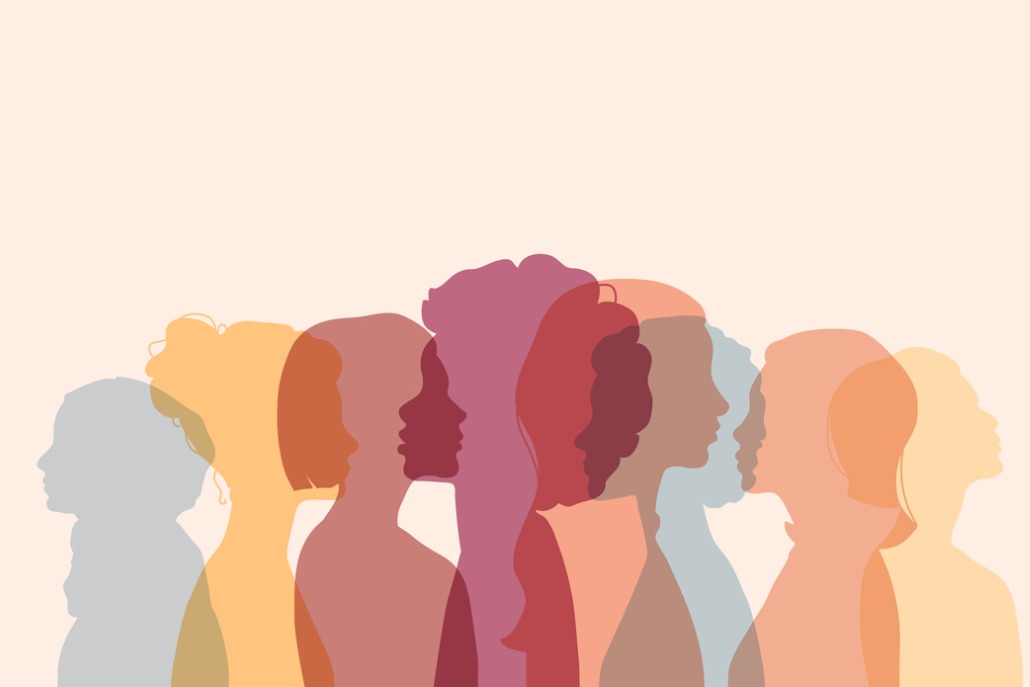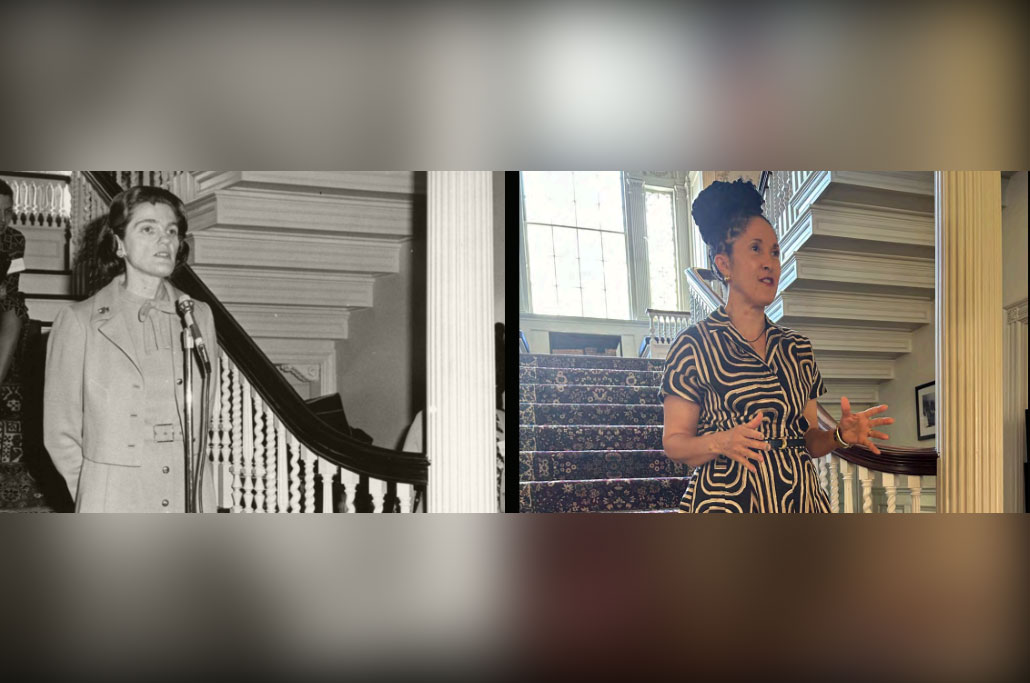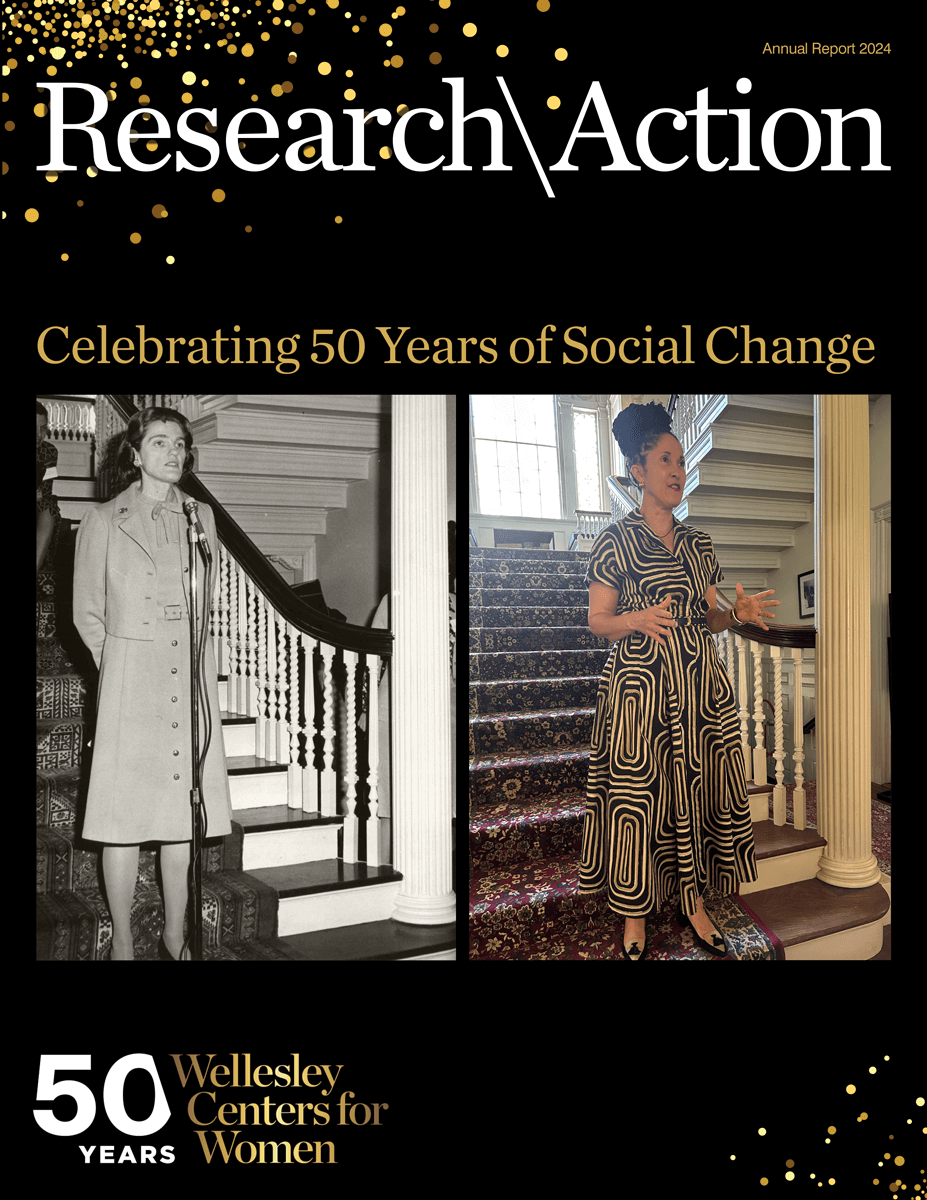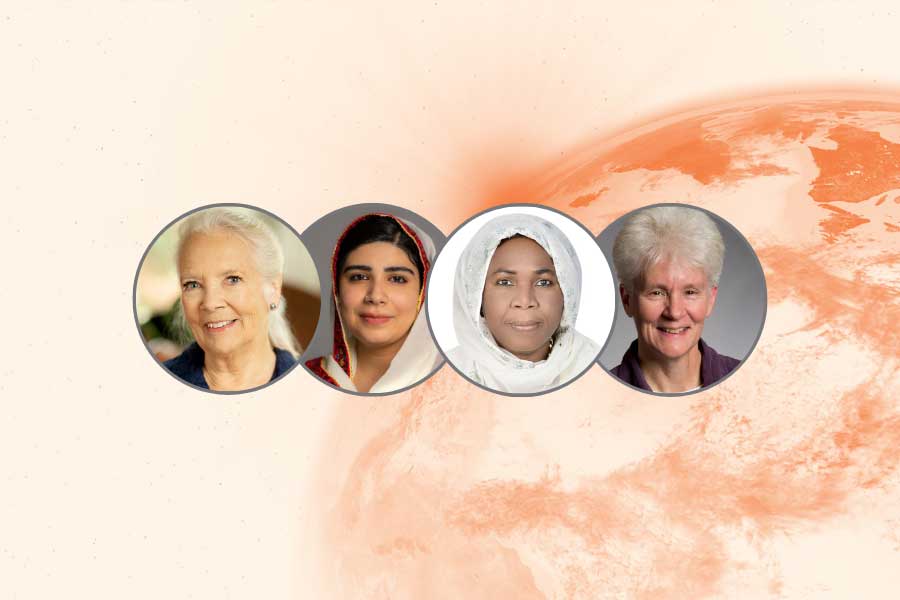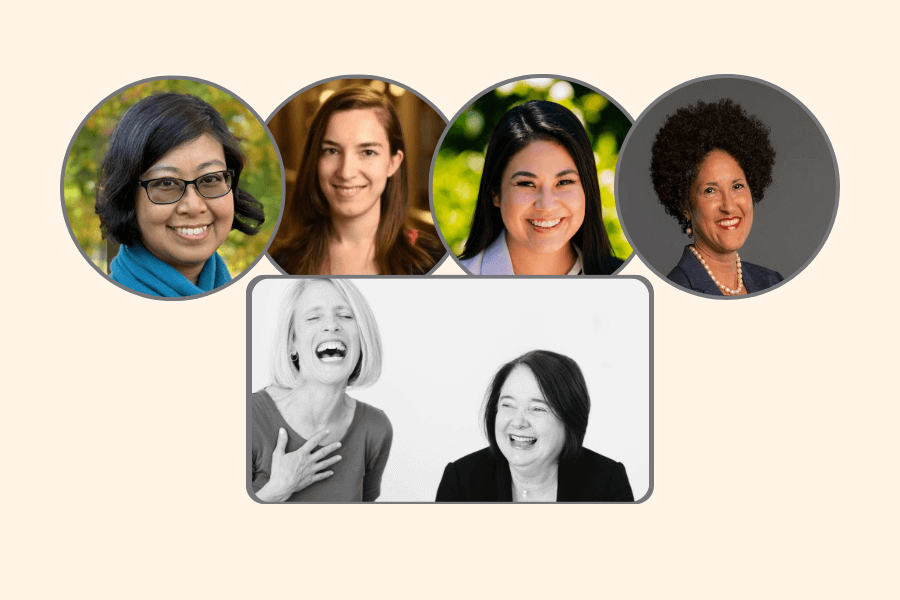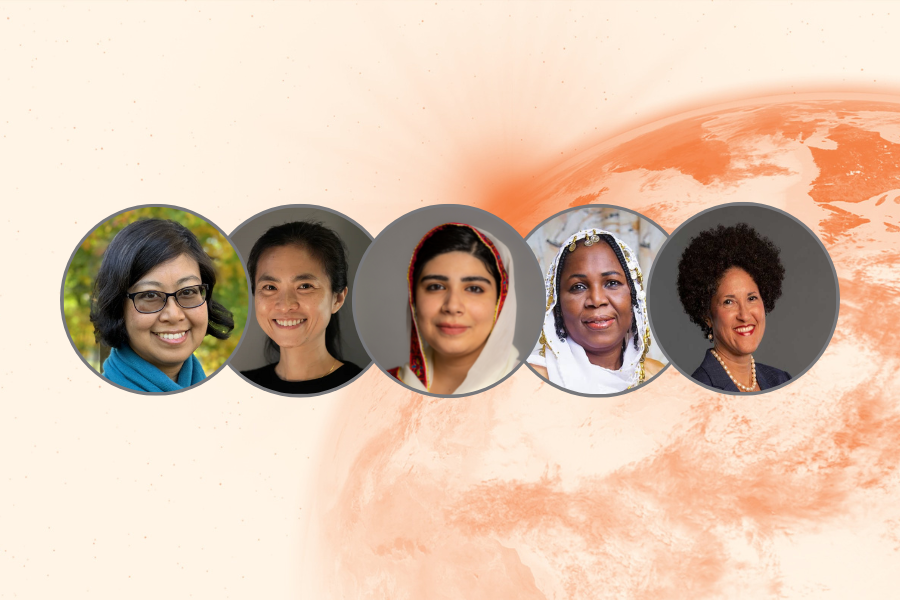Column: One Wired Sister
By Susanna J. Sturgis for WOMEN = BOOKS
With this post, Susanna kicks off her column for WRB, “One Wired Sister,” in which she reflects on feminist writing, reviewing, editing, and all things Websterly.
Democracy is not a spectator sport. Neither is feminism. Feminism has to be built from the ground up. Can we do it online?
So much has been made of how the Internet has transformed politics-- everything about politics, from disseminating information to raising money. With a few clicks and keystrokes individuals can donate money, sign petitions, or send e-mail to their elected representatives.
All this is true. But there's more to feminism than giving money, signing petitions, and contacting politicians and policy makers.
No social change movement that I know of got started by simply distributing information. Whether in the factory, the coal mine, the orchard, or the field, unions started with workers talking to each other. The civil rights movement was organized in kitchens, living rooms, and, especially, churches. Information passed hand to hand or by word of mouth. What other options were there?
Few, if any. Organizing for social, economic, and political justice can be hazardous to one's well-being. Handbills posted at visible locations are, at the very least, immediately torn down or defaced. Those responsible, or thought to be responsible, for posting them may be targeted for retaliation. So much organizing takes place, if not in secret, at least under the radar of the authorities.
Feminism is no exception. The woman suffrage movement began with women abolitionists talking among themselves. Second Wave feminism began with women talking, about sexism on the Left, about what Betty Friedan called "the problem with no name," about job discrimination, violent relationships, sexual harassment, lack of access to birth control and abortion, among many other things.
Feminists came to understand that the talking was crucial. Silence perpetuates itself. If something is never mentioned in conversation, it takes a brave person to bring it up. Consciousness raising (CR) and other informal groups encouraged women to take the chance. We learned that our experiences weren't unique. We thought about them from different angles. We spoke about them for the first time. Until we did, organizing for change was literally unimaginable. Often what gave us the courage to speak was the knowledge that other women were listening, and that they didn't think we were crazy.
Approached with this in mind, the limitations of online communication become clearer.
In the wake of the 2004 US presidential election, I started paying more attention to various websites that styled themselves liberal, leftist, or progressive. These offered plenty of good reading, but the feminism felt watered down, and lesbians were mostly subsumed under "gay" or "queer." The urban bias was pronounced, the religion bashing often knee-jerk, and the historical perspective often extended no further back than about 1990.
Since I'm a writer, reading isn't a spectator sport for me, so I started commenting regularly on AlterNet, contributing the experiences and thoughts of a lesbian feminist who'd been living in a small town for more than two decades. This was rewarding in many ways, not least because it helped me expand and clarify my own thinking.
But last fall, after five years, I took a break. When you're continually refuting incorrect information and half-baked analyses, it's hard to think about anything else—and the incorrect info and half-baked analyses kept coming back, despite the best efforts of me and many others. The US left-of-center can be as infuriating as the Republican right, and it’s nowhere near as effective. I'd had enough. I haven't gone back.
As on many, many politically oriented blog sites large and small, including those run by various news media, AlterNet's comment threads spin out mostly in one direction. Give-and-take is difficult. Often what people post sounds like the stuff you scream at your TV or radio when what it's saying pisses you off.
Is this, at least in part, because so many of us have had so little experience of two-way communication that we don't know how to speak so that others might actually hear us? Smart politicians and political organizers know that millions upon millions of us feel that we're not being heard. They're capitalizing on that by promising to give us a voice, but the voice they're promising us is their voice.
For the last 25 years I've lived in a small town. I don't know everybody, and not everybody knows me, but I'm probably one degree of separation from almost everyone who's lived here for more than five years. If you've ever lived or worked in similar circumstances, you know this already: it's much harder to say possibly distressing things to someone when you can see and hear their response. Most people rarely do it unless they're furious or drunk or otherwise out of control.
This isn't all good. Some possibly distressing things need to be said, and sooner is often better than later. All the same, what comes out of my mouth is more likely to be worthwhile if I'm mindful of who's listening. The more diverse my audience, the more careful I am with snide remarks and generalizations.
In a real-time interaction, whether casual conversation or formal meeting, you're aware of people who are present but not speaking—of the woman who looks like she's on the verge of saying something but then sits back and doesn't say it. In cyberspace, if you're not actively participating, you're usually invisible. You're a "lurker," part of the virtual world's vast silent majority.
At the same time, silence is hard to come by in cyberspace. Participants in an online discussion may pause individually to reflect on and digest what's just been said, but the talking never stops. Some kinds of change happen best when no words are being spoken.
Way back in 1994, Melissa Scott's wonderful novel Trouble and Her Friends was published. The title characters—most of them lesbian, gay, or otherwise outside the mainstream—were all cyber-adept, but unlike most of their peers they maintained contact in real-time. They thought body-to-body, face-to-face interaction was important. So do I. Some forms of online communication lend themselves better than others to in-depth feminist discussion, like e-lists and private chat rooms, but face-to-face communication is something we can't afford to give up.
Susanna J. Sturgis is the author of The Mud of the Place (2008), a novel set on year-round Martha's Vineyard, where she has lived for the last 25 years. Her website, www.susannajsturgis.com, features a bloggery, reprints of her feminist essays, and lots of horse and dog pictures. She's currently trying to make sense of her life in a personal/political memoir, To Be Rather Than to Seem. She makes her living as a freelance editor and copyeditor.


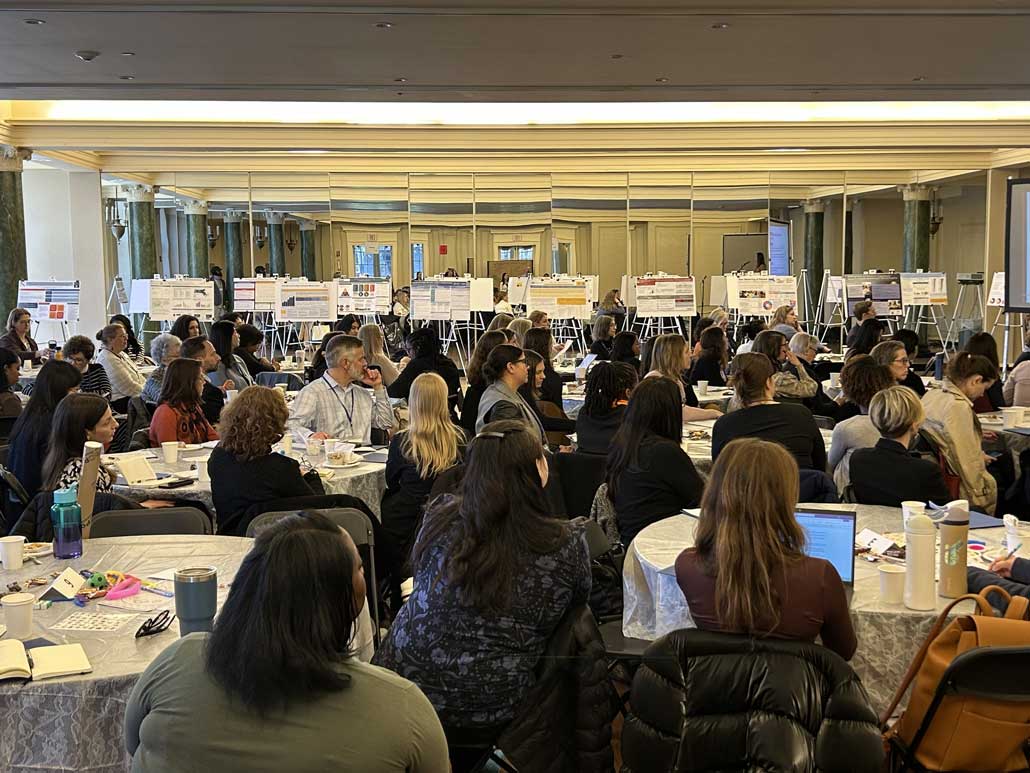
.jpg)
